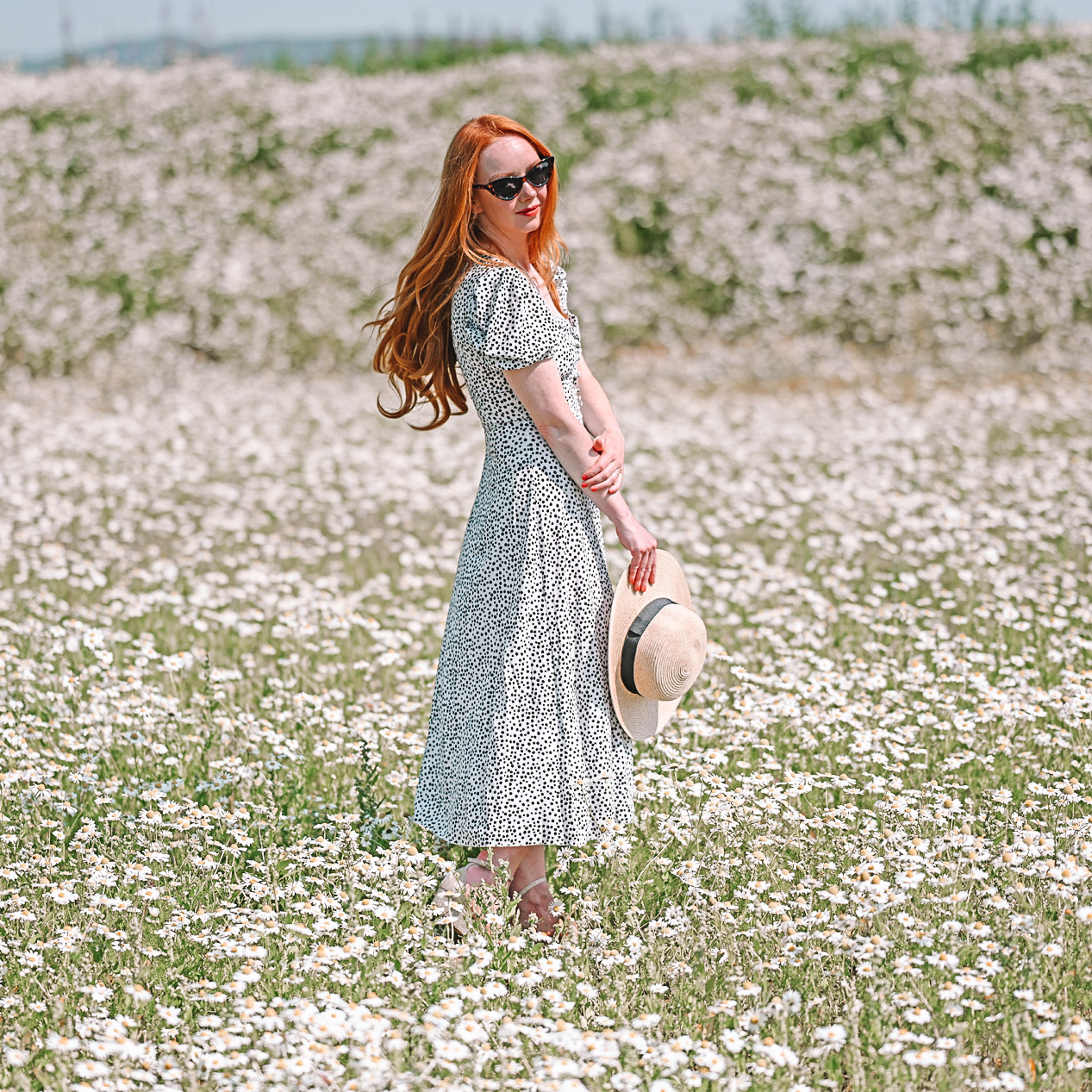What the coronavirus pandemic tells us about attitudes to mental health
Back in February 2020, TV presenter Caroline Flack tragically took her own life, and, almost instantly, the internet was awash with empathy.
Within hours, the #BEKIND hashtag was trending on Twitter and Instagram, and, for weeks after, people continued to urge each other to reach out if they needed help, and to be more understanding towards those dealing with mental health issues.
A few weeks later, however, the coronavirus pandemic hit the UK, and all of that stopped. All of a sudden, the #BEKIND message was replaced with #GETAGRIP. Those who were anxious were labelled hysterical or “scaremongerers”, and anyone who dared to admit they were struggling was told to BE POSITIVE and just get on with it, like everyone else. Instead of being told to be kind, we were told to be resilient – almost as if that was an easy option, that everyone was equally able to manage.
The hashtag of that year’s Mental Health Awareness Week was #SPEAKYOURMIND: what I’ve found, though, is that speaking your mind when it comes to issues like anxiety and depression doesn’t always get you support, or even empathy: actually, you’re just as likely to be told to “just cheer up!” or reminded that there’s always someone worse off, so you’ve no right to complain.
speaking your mind when it comes to issues like anxiety and depression doesn’t always get you support, or even empathy
It’s a shame, because the message behind that hashtag was a good one, encouraging people to share their stories, so that others would see them, and know they’re not alone.
As a blogger, this has always been my main aim: to share my stories – as honestly as I can – in a bid to connect with other people who understand them, and who can perhaps gain a tiny shred of comfort from the knowledge that they’re not alone in whatever it is they’re going through.
Over the years, I’ve had tons of messages from people telling me that’s exactly what my blog has done for them: I’ve also, however, had a huge amount of criticism from those who take exception to what they see as negativity, and who feel I have a responsibility to inspire people to be positive, instead. The pressure to just be positive is tremendous, and there have been several times in the course of my blogging career when I’ve come close to deleting this site because of it.

It’s not that I don’t want to help people feel more positive, though: it’s simply that I don’t want to lie to them by pretending to see something wonderful in something that just sucks, and I see little point in writing a blog in which I have to adopt some kind of fake Pollyana-esque personality in order to fit in.
For me, the last couple of years have been the hardest I’ve ever faced – and I know I’m not alone in that. Unfortunately, though – and unlike most of the other difficulties I’ve faced over the past few years – talking about it online hasn’t helped: in fact, all it’s done has made me feel even more alone and ostracised, as I try to work out why my response seems to be so different to everyone else’s, and why I haven’t been able to find much positivity in the face of the pandemic.
I’m not sure what the answer to that is. One thing that has become increasing clear through all of this, though, is the fact that, when you get right down to it, attitudes towards mental health haven’t really changed. For a long time now, people have paid lip service to things like World Mental Health Day with little soundbites about how “It’s OK not to be OK,” and the like, but it’s become very obvious that, deep down, many people still believe that someone who’s depressed can “snap out of it”, or that a person with a serious anxiety disorder just needs to be reminded that someone, somewhere, is worse off.
when you get right down to it, attitudes towards mental health haven’t really changed.
So, “speak your mind” is good advice, sure – in fact it’s advice I’ve given plenty of times myself. It’s advice, however, that relies on the assumption that the person/people you try to talk to will know how to respond. Sadly, though, that’s not always a given, which is why, these days, I hesitate to tell people to talk about how they’re feeling, when I know perfectly well that there’s a good chance of them just being told those feelings aren’t valid.
In the last few months, for instance, I’ve been ridiculed for accepting the Covid-19 vaccine, scolded for suggesting that keeping your distance from complete strangers might not be such a bad thing, and, when I dared to “speak my mind” about how the situation was affecting me, my anxiety was described as “cringey and embarrassing” – which is an utterly despicable, and yet not remotely unusual, response to someone’s attempt to be honest about a diagnosed mental health issue.
Back in March of 2020, meanwhile, I was literally told to “stop talking” about my growing anxieties about the rapidly-escalating Covid situation, by someone who accused me of creating “mass hysteria”, and assured me the pandemic wouldn’t happen, because her country – Spain – simply wouldn’t allow the virus to spread there. Yeah, that message didn’t age well, did it?
It did, however, serve as a useful reminder that, no matter how quick they are to jump on cute hashtags, a lot of people REALLY don’t like hearing about mental health issues, and will do their utmost to shut you down the second you try to speak up. At the same time, though, I guess that’s why those of us who DO understand have even more of a responsibility to speak up when we can.
We have a society right now which has almost pathologized normal human emotions: a whole group of people who genuinely believe that it’s not normal to ever feel sad, say, because they’ve had the “just be positive!” message drummed into them so many times that they think they should always be happy, no matter what. Even during a pandemic which has claimed millions of lives, and destroyed many more.
We have a society right now which has almost pathologized normal human emotions: a whole group of people who genuinely believe that it’s not normal to ever feel sad, say, because they’ve had the “just be positive!” message drummed into them so many times that they think they should always be happy, no matter what. Even during a pandemic which has claimed millions of lives, and destroyed many more.
And that, I guess, is why I continue to write about anxiety and mental health, even though I know it annoys people. Because I’m not writing in order to reach the people who think that anxiety can be easily overcome by inspirational quotes: I write for the ones who know it can’t be – and who just want to know that someone else knows it, too.
As this year’s World Mental Health Day approaches, then, if you need a safe space to talk openly about anxiety, or any other issues, this one’s here for you. I can’t guarantee that no one will come along and tell you to “just be positive!” in the comments section, unfortunately, but I CAN promise that, if they do, I’ll be rolling my eyes right along with you…






Maria
I hear you. Any time I try to talk about mental health in general, someone will inevitably tell me to shut up, belittle my anxiety problems and generally s**t all over my issues just because they can and it probably feels to them like they accomplished something.
Melissa
I work in healthcare and by the end of 2020 almost every single time I spoke to a patient we had a conversation about their mental health. The majority were struggling, many had never had mental health problems and some experienced the development of really serious issues. Many became afraid to leave their house at all. I firmly believe that we are in the middle of a mental health crisis, but unfortunately those who shout loudest are those that are ok or are pretending to be OK. Those who are struggling have quietly faded into the background, because they don’t have the energy or inclination to talk about it. So please keep talking Amber, because someone needs to.
Brenda
Keep going on this Amber. Toxic Positivity is a real thing and it is very frustrating. I think as a society, we have been taught to pursue “happiness at all costs”, when unfortunately life isn’t always like that. We are not taught how to lean into our varied emotions or how to deal with them. Life can be messy, it isn’t always flowers and rainbows, and the sooner people are told that it is ok to feel things, the better off we will be.
Myra
Just k the p on doing what you do. The more we talk about mental health, the more likely it is to be understood. A friend has opened a fb page where her friends can literally pour out their hearts , and it has had a profound effect on the participants who can be honest and get much needed support. It’s invaluable
Kelly Glen
Mental health problems shouldn’t be treated this way, it is a very debilitating illness to have, speaking from experience as someone who has suffered for over 30 years with various mental health problems we shouldn’t be made to feel that it is something we have to hide and must not talk about. There should be just the same priority about mental health as there is over other illnesses.
Miss Kitty
You keep doing you. Know that there are plenty of us out here who are happy not to have to read ‘Just be positive’ messages all the time, and to know that there are others out there who occasionally struggle, and that makes us feel not so alone. That’s why we keep coming back to your blog. Those who don’t like it, don’t have have to read it. I don’t really understand the attitude that makes people tell you off for what you write – wouldn’t it just be simpler to click away from the page? No one is standing there making them read what you have written!
Please don’t delete your website – I have been enjoying your writing for years now, both your lifestyle content and your more serious content. I have enjoyed watching your life change as you became parents, and now watching your little boy grow up. I hope that doesn’t sound creepy! But as I have anxieties now about whether to have children myself, I feel far better reading someone else’s anxieties who has been there before, even if not in the same form, than reading someone who tells you to be thankful for what you have and to BE POSITIVE!
Miss Kitty
I should also say – it’s so easy to reply to someone with anxieties or worries, to not worry, and it will be alright. It’s much harder to just listen to their worries, give them a space to vocalise them. I know, because I have caught myself doing it, trotting out the old ‘don’t worry, everything will be fine’ lines when I really just need to sit and listen. I think we need more listeners in the world, sometimes it feels like everyone just wants to say their thoughts without listening in return. As my mother always said, we were given 2 ears and 1 mouth for a reason!
Lindsey Parkin
Well said. Thank you. Someone has to talk openly about mental health and you do and are known for doing so. If people don’t like it they have a problem, they have a choice not to read. They may also. We’d to consider how their remarks made now, will be perceived in 5 years time, they may not get a job they want. I’ve worked in a mental health unit and had a few years of NHS psychotherapy after a few years being in a waiting list. I’ve a MSc in Occupational Health Psychology.
I understand the theory of being but the world outside does not want to hear about mental health unless they can post their hashtag bekind, be positive, it’s okay not to be okay. What is so difficult about hearing someone say they are depressed, or are struggling, that person is not necessarily asking for you to heal them but hear them.
Amber
Exactly: and in the case of the “just be positive” comments, I actually think it can be really damaging, because you’re essentially just dismissing the person’s problem, and encouraging to believe that they should be able to just “snap out of it”, which is SO not the case!
Adam Stryker
THANK YOU! GRACIAS MIL!
You’ve just a new Patreon sponsor. This is the fifth post that I’ve read of yours. Your candor and honesty are refreshing. I take comfort in knowing that there still are adults in the world that can express what the problems are without becoming a cliché.
So much of what you say resonates with me.
I come from a family who both had understood the realities of mental health yet was stereotypically stoic in response to any mental health issue. My Anglo-Saxon upbringing was surely the result of my family roots (North Atlantic countries near the English Channel on both sides.)
In spite of my mother, her mother, my brother, my sister and my brother in law’s “bipolar disorders”, my mother would always respond to anyone who was down or made a negative remark was:
1. Count your blessings;
2. You need to get out and get some fresh air;
3. Instead of sitting around, you got to get some exercise;
4. You don’t know how good you have it
You know, it’s just so simple! So, yes, I can relate. I think it’s just genuine fear. That’s why we weren’t really allowed to talk about it much. It tends not to bring your friends and family to much comfort. It seems that somehow talking about it is like itching a poison ivy rash. If you scratch it too much, is just going to spread. I don’t know. I think people fear the loneliness that one experiences in depression. Heck, that’s why we have such dark, cynical sayings like, “Laugh and the world laughs with you. Cry and you cry alone.”
It’s utter nonsense. People cry with you too. Come to think of it–sometimes we laugh so hard together that we cry tears.
There is something primal there that must be explored.
Anyway, thanks for putting it out there. You’re not alone. Thank you again for your candor.
Greetings from across the pond in what’s left of the United States,
Adam